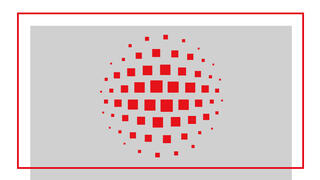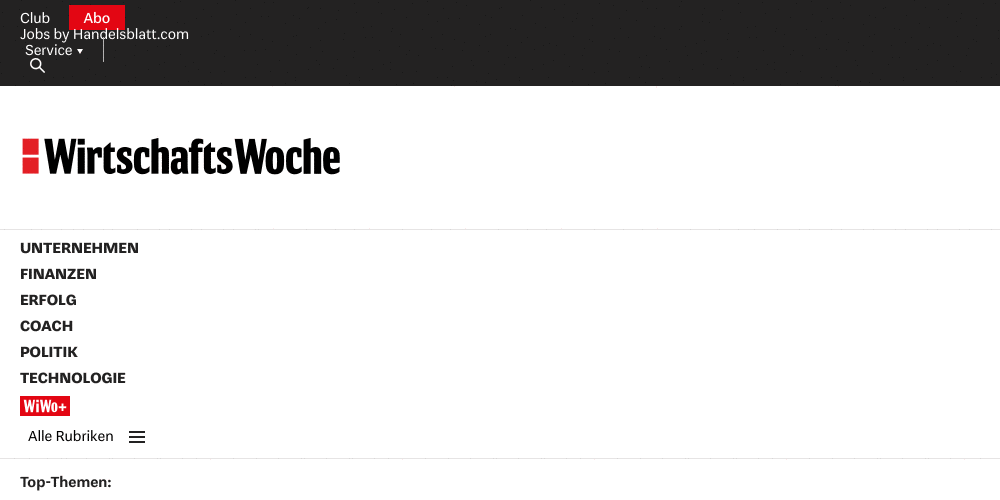
Berlin/Frankfurt The ECB Shadow Council broadly expects the central bank to communicate its tapering intentions in September at the latest and begin formally reducing its asset-purchasing program in 2018. Some members argued heightened political risks should keep the program going for longer.
Inflation and Growth forecasts revised significantly upwards
Compared to three months ago, members raised the inflation forecast from an average of 1.3 to 1.7 percent this year. This is above the ECB’s staff projections from December of 1.3 percent. For 2018, the forecast has also been revised slightly upwards from 1.4 to 1.5 percent.
The Shadow Council’s mean forecast for GDP growth for 2017 has been revised upwards by 0.2 percentage points for this year from 1.4 to 1.6 percent. Members also have raised their growth forecast for 2018 slightly from 1.4 to 1.5 percent.
Shadow Council macroeconomic forecasts (ECB’s December projections in brackets) | ||
| HICP-Inflation | GDP-Growth | |
| 2016 | 0.2 (0.2) | 1.7 (1.7) |
| 2017 | 1.7 (1.3) | 1.6 (1.7) |
| 2018 | 1.5 (1.5) | 1.5 (1.6) |
| Contributors: M. Annunziata; E. Bartsch; A. Bosomworth; S. Broyer; W. Buiter; J. Callow; J. Henry, J. Krämer, W. Buiter. | ||
Communicate the Tapering
Most members of the Shadow Council believe the ECB should stay the course in its current monthly asset purchasing program. Current inflation trends, though trending higher, are not enough to justify changing the course set out at the ECB’s meeting in December. Instead, most called on the ECB to communicate its intentions by September to start some form of tapering – some suggested testing the waters in June. Most members said they then expect tapering could then be formally implemented in stages during the first half of 2018.
A number of members called on the ECB to maintain the flexibility in its communications, in order to wind down more quickly or expand the APP at a later stage depending on the inflation and macro-economic outlook, and whether political risks take their toll on the euro zone. Should inflation improve quicker than expected, one member suggested the ECB could raise the deposit rate rather than begin further tapering this year. Another however rejected considerations that the ECB raise interest rates without fully tapering first. One member, by contrast, noted QE could become a tool of monetary policy in future in conjunction with interest rates.
A few members called on the ECB to end QE immediately, given growing financial risks to bank balance sheets and the fact that the euro zone’s inflation and growth outlook has improved and the output gap is closing.
One member argued that there was no longer a material economic case for using asset purchases as an instrument to achieve the inflation objective, as the asset purchases clearly served a fiscal and a bank recapitalization purpose. Weak sovereigns in the periphery (notably Italy and Portugal) could only fund their deficits and roll over their maturing debt because the bond purchases of the ECB keep sovereign risk spreads artificially low. Such misuses of the program were considered inappropriate and undermine the legitimacy of the ECB.
Not Running out of Bonds, Yet
Council members generally agreed that the ECB has the flexibility to continue buying bonds through the end of this year. Some members warned the central bank will have to taper quickly in 2018 as the supply of appropriate government bonds – especially in Germany – runs low. Members were divided over whether the ECB should adjust the parameters of the APP to ease the scarcity going forward. Some called for raising the issue limit to keep bond purchases going for longer. One member called for abandoning the constraint of buying according to the ECB’s capital key, allowing it to effectively taper in Germany but continue purchases in other countries. Two members called for focusing purchases on non-performing bank loans.
Responding to Political Risks
Shadow Council members agreed that political risks are heightened this year, but were more divided over whether the ECB should react now or at a later stage. One member called for QE to be continued through 2018 to counter the risk of a serious political fracture in the euro zone stemming from elections set for this year and possibly 2018. One member countered that the ECB should only intervene if and when such risks materialize. Another member argued political risks were a key reason to hasten tapering this year – allowing the ECB to boost QE again from a lower monthly rate should a future political crisis threaten growth in the euro zone.
| Member | Affiliation | Fixed rate | Deposit rate |
| José Alzola | The Observatory Group | Unchanged | Unchanged |
| Marco Annunziata | General Electric | Unchanged | Unchanged |
| Elga Bartsch | Morgan Stanley | Unchanged | Unchanged |
| Andrew Bosomworth | Pimco | Unchanged | Unchanged |
| Sylvain Broyer | Natixis | Unchanged | Unchanged |
| Willem Buiter | Citigroup | Unchanged | Unchanged |
| Jacques Cailloux | Rokos Capital | Unchanged | Unchanged |
| Julian Callow | Element Capital | Unchanged | Unchanged |
| Janet Henry | HSBC | Unchanged | Unchanged |
| Merijn Knibbe | Wageningen University | Unchanged | Unchanged |
| Fabian Lindner | IMK | Unchanged | Unchanged |
| Jörg Krämer | Commerzbank | +0.25 | +0.25 |
| Thomas Mayer | Flossbach von Storch | ||
| Lucrezia Reichlin | London Busines School | Unchanged | Unchanged |
| Richard Werner | University Southampton | +0.5 | +0.5 |
Frankfurt, 4th March, 2017
Jan Mallien and Christopher Cermak
Background information
The ECB Shadow Council was founded in 2002 upon an initiative of Handelsblatt, the German business and financial daily. It is an unofficial panel, independent of the ECB/Eurosystem, and comprising fifteen prominent European economists drawn from academia, financial institutions, consultancies, companies and research institutes.
The Shadow Council usually convenes by telephone conference on a quarterly basis. Its discussions are intended to formulate an opinion as to what monetary policy decision its members believe that the ECB's Governing Council ought to undertake, both at its forthcoming meeting and also on a three month horizon. Shadow Council members are encouraged to submit their own economic projections for euro area activity and inflation on a monthly basis, which constitutes the panel's forecast consensus as published each month.
The Shadow Council's discussions and recommendations differ from surveys of economists concerning the outlook for ECB interest rates because the Shadow Council recommendation expresses the majority view of its' members opinion about what the ECB should do, rather than what they forecast it to do (and hence the "normative" views as expressed by Shadow Council members on what they consider the ECB ought to do can and often do differ from what they might say they expect the ECB to do). This "normative perspective can, however, give an early indication of shifts in the balance of opinion in the expert community, as can be seen by comparing the historic recommendations of the Shadow Council against subsequent decisions undertaken by the ECB Governing Council.
Members of the Shadow Council base their recommendations on the ECB's objectives as defined under the EU Treaty, though Shadow Council members do not necessarily adopt exactly the ECB's specific interpretation of its mandate: most Shadow Council members consider that a medium term inflation objective of two percent with a symmetric tolerance band around it would be clearer, more realistic and more appropriate than the definition adopted by the Governing Council, which defines price stability as an inflation rate of "below, but close to, two percent", in the medium term.




















